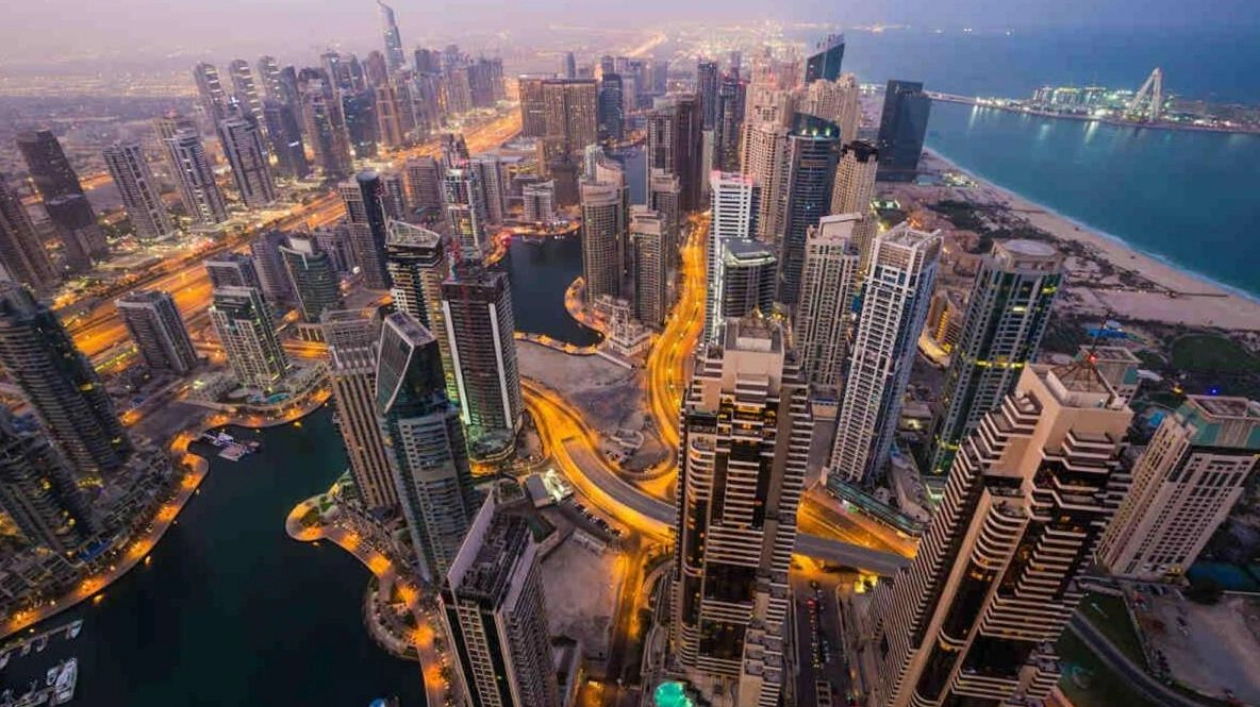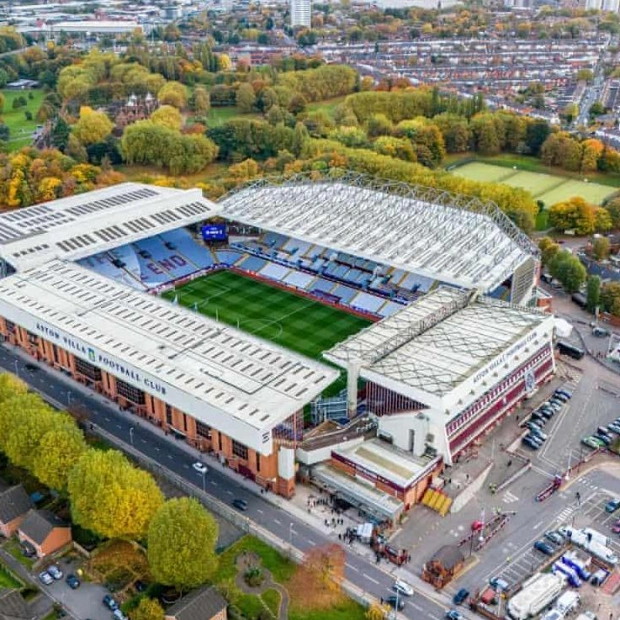New residents in Dubai are transitioning more rapidly from renting to owning properties to counteract the escalating rental costs in the emirate, particularly as they intend to reside for extended periods, aiding in the absorption of new market supply. The population expansion in Dubai is persistently driving rental transactions, especially in emerging developments where a substantial portion of recently completed projects is being absorbed by the rental sector. Rental prices in Dubai experienced a surge of up to 31 percent during the first half of 2024 due to robust demand, leading to a decrease in available supply across both affordable and luxury segments.
Industry experts note that rental rates are climbing more swiftly in peripheral areas as both current and new residents are relocating to these developing regions due to comparatively lower costs. "New residents typically rent for their initial one or two years, then transition into buying as they aim to establish long-term roots here for business and lifestyle reasons," stated John Lyons, Managing Director of Espace Real Estate. He added that new residents and the rental market collectively help absorb a significant number of newly completed properties, citing the example of three new buildings in Downtown Dubai completed in 2023, which saw over 550 new rental contracts registered in the first half of 2024.
Espace reports that average rents are escalating in all but one community, with transaction volumes declining in most areas. "High rental prices, a competitive mortgage market, eased visa regulations, and sustained population growth are propelling Dubai's long-term trend, where many tenants are choosing homeownership as they plan their longer-term stays in Dubai," the report noted. Lyons further commented that while there will be a surge in rental supply in 2025 and 2026, 80 percent of this supply will be apartments, typically housing fewer households, suggesting that the required population growth to absorb this supply might be overestimated.
Dubai's real estate sector has emerged as a prominent choice for investors globally amidst economic slowdowns and rising interest rates, with prices and consumer interest continuing to rise even after 24 months of uninterrupted growth, according to Haider Ali Khan, CEO of Bayut and head of Dubizzle Group Mena. With over 50,000 new residents arriving in Dubai in the first half of 2024, Allsopp & Allsopp noted that demand for new properties continues to exceed current supply, indicating a positive market trajectory for the remainder of 2024.
According to property portal Bayut, rents in Dubai increased between 4 percent and 31 percent in the first half of 2024. Mid-tier apartments saw rental increases of up to 15 percent, while luxury apartment rentals rose by up to 7 percent. However, some units in Business Bay and Downtown Dubai experienced price decreases of under 6 percent. Budget villa rentals jumped by 12 percent, mid-tier villa rentals increased by up to 15 percent, and luxury villa rentals surged by up to 27 percent, with Damac Hills recording the highest increase for its limited inventory of 6-bed units.
For affordable housing seekers, Deira and Al Nahda have become popular apartment choices, while Damac Hills 2 and Mirdif attract interest for villas. In the mid-tier segment, Jumeirah Village Circle (JVC) and Bur Dubai apartments remain in high demand, while Town Square and JVC properties appeal to villa seekers. In the luxury category, Dubai Marina and Business Bay maintain their popularity for apartment rentals, with Dubai Hills Estate and Al Barsha being favored for high-end villa rentals.
The Dubai property market showed no signs of slowing down in the first half of 2024, with prices rising in most areas, contrary to market slowdown speculations. Industry leaders observed strong demand across affordable, high-end, and mid-end categories, with villa prices increasing over 41 percent due to heightened local and foreign demand for affordable homes in the emirate. Allsopp & Allsopp’s H1 report revealed that the total sales value in the first half reached Dh190.4 billion, a significant 38 percent increase compared to the same period in 2023.
Despite a three-and-a-half-year rally, prices remain affordable compared to other global luxury real estate destinations, making Dubai an attractive option for new and institutional investors. Real estate platform Bayut noted an increase in average sales transaction prices for apartments, ranging from 12 percent to 40 percent in the mid-tier property segment, with significant growth observed in Jumeirah Lake Towers (JLT). Similarly, mid-tier villa areas saw increases in average transaction sales prices ranging from 4 percent to 23 percent. Luxury property segments also consistently recorded increases in transactional prices, ranging from 5 percent to 24 percent.
In addition to affordable prices, investors are drawn to high rental yields in the Dubai property market. During the first half of 2024, Dubai Investments Park (DIP), Discovery Gardens, and Remraam offered rental yields of up to 11 percent. For mid-tier apartments, Dubai Sports City, Dubai Silicon Oasis, and Motor City are particularly attractive, with rental yields surpassing 9 percent. Luxury apartment locations such as Green Community, Al Sufouh, and Damac Hills have shown returns of up to 9 percent, outperforming many global markets.






